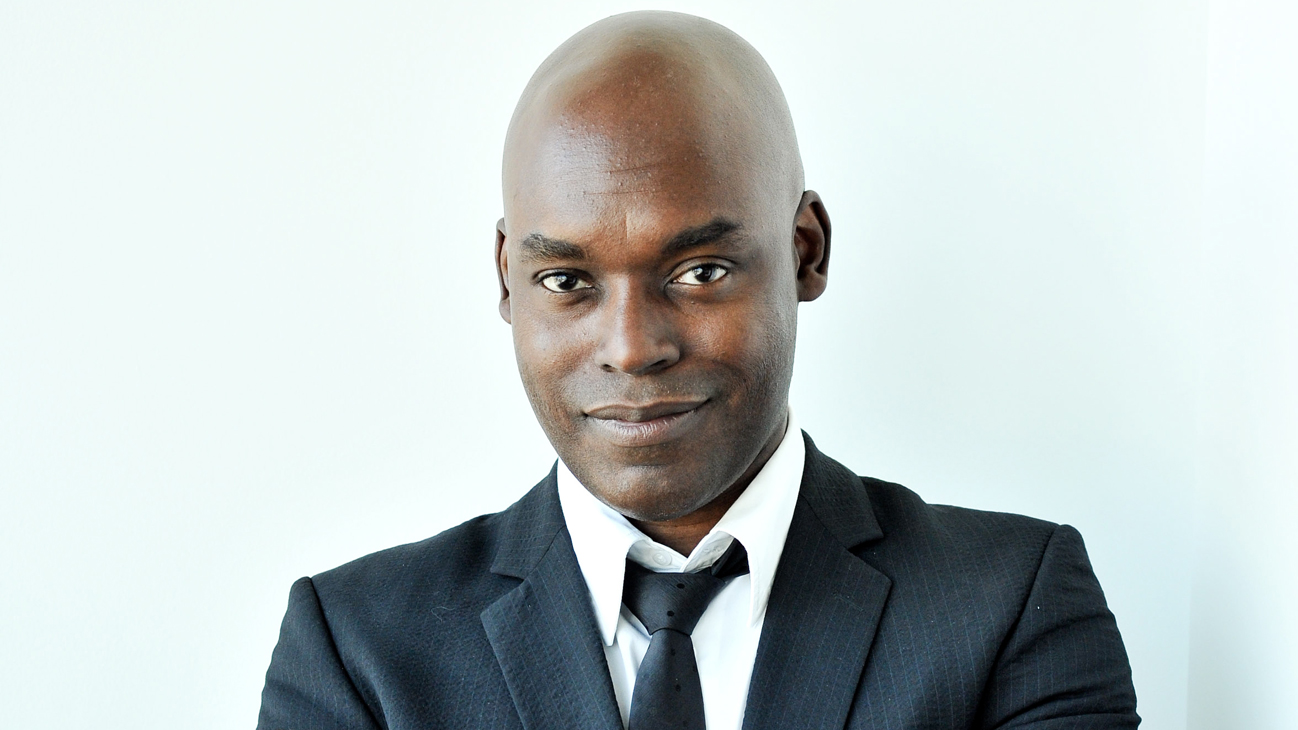Few people understand the importance of the arts and cultural sector better than Cameron Bailey. The artistic director of one of the world’s biggest and most important film festivals, Cameron brings a comprehensive wealth of experience to his position, and under his lead the festival continues to grow in size and significance every year. In this column in The Globe and Mail, Cameron addresses the recent backlash against the Oscars and explains why diversity matters:
The movie theatre is a precarious place, full of strangers sitting side by side, making noises you don’t want to hear, sharing an experience that’s ultimately yours alone. Who are these people?
In the movie theatre we laugh together, we cry together, we gasp at the same shocks, but that common bond is a satisfying illusion, like the depth of field in a two-dimensional screen.
What really happens is we enter the cinema with infinitely different expectations. And we leave with infinitely different conclusions. That’s why #OscarsSoWhite.
That’s why African-American lawyer and magazine editor April Reign (@reignofapril) coined the Twitter hashtag in January 2015 to protest (and mock) the lack of diversity among Oscar nominees. She saw a disconnect between the movies she saw that year and the list of Oscar nominees. Same story this year.
That’s why Cheryl Boone Isaacs, the African-American president of the Academy of Motion Pictures Arts and Sciences, wrote that she’s “both heartbroken and frustrated by the lack of inclusion.” She sees the disconnect between the recent work the Academy has done to diversify its staff and membership and a second year in a row of all-white nominees in its acting categories.
That’s why Dawn Hudson, the white chief executive officer of the Academy, told The Hollywood Reporter that she was “devastated that the acting nominations were all white.” We’re “almost at a point of crisis,” Hudson said. Disconnect.
It’s not because of racists in the Academy. It’s because we watch movies from within our race.
Race, of course, is a social construct. It’s not any more real than movies are. But both race and movies have a long history of inflicting real-world impact on all of us.
Let’s say we all go to watch Ryan Coogler’s movie, Creed, together. Some of us go in eager to see whether our beloved Rocky franchise can be revived. Some of us want to see what Coogler, who made the indie film Fruitvale Station, can do with a bigger budget. Some of us love boxing movies. Some love the promise of star Michael B. Jordan, shirtless.
There’s a scene in Creed where Jordan’s character, Adonis Johnson, unbraids the hair of his partner, Bianca, played by Tessa Thompson. Some of us are moved to tears by that scene. If you know the history and live inside the complex, contested culture of black women’s hair, that scene resonates with love – love between two African-American characters that we so rarely see on the big screen.
But it doesn’t resonate for everyone. Some of us watching Creed are more moved to see Stallone, as the aged Rocky Balboa, confront the steps of the Philadelphia Museum of Art that he mastered so easily in the first movie.
Both great scenes, but they connect with people in different ways, for different reasons.
So when Oscar nominations morning comes and Creed scores only one Best Supporting Actor nomination, for Stallone, some people who saw it feel that’s justified. His performance resonated for them. His story of aging, of finding a second chance late in life, connects.
Others feel betrayed. Their experience of Creed, what resonated most deeply for them, was ignored. Did Academy voters not see the heroic journey of Michael B. Jordan’s character? Did they not see that beautiful love story? Did they not see the virtuoso cinematography of Maryse Alberti?
That’s why #OscarsSoWhite. This protest is not simply about counting faces and looking for an accurate representation of the world, although that would be a start. It’s about whose experiences count. Whose stories get told? Whose emotions in the movie theatre are validated and amplified by awards, and whose are rejected or ignored?
Creative awards like the Oscars aren’t based on merit. They never have been. Stanley Kubrick, Robert Altman and Alfred Hitchcock never won an Oscar for directing. Cary Grant and Barbara Stanwyck never won for acting.Driving Miss Daisy won Best Picture the year Do the Right Thing came out.
Oscars are based on visibility and resonance. A movie studio’s marketing dollars give a film visibility. Resonance is partly up to timing, but mostly it’s up to us, the audience. It’s our empathy in the dark of movie theatre that just might change the nominees list next year.

